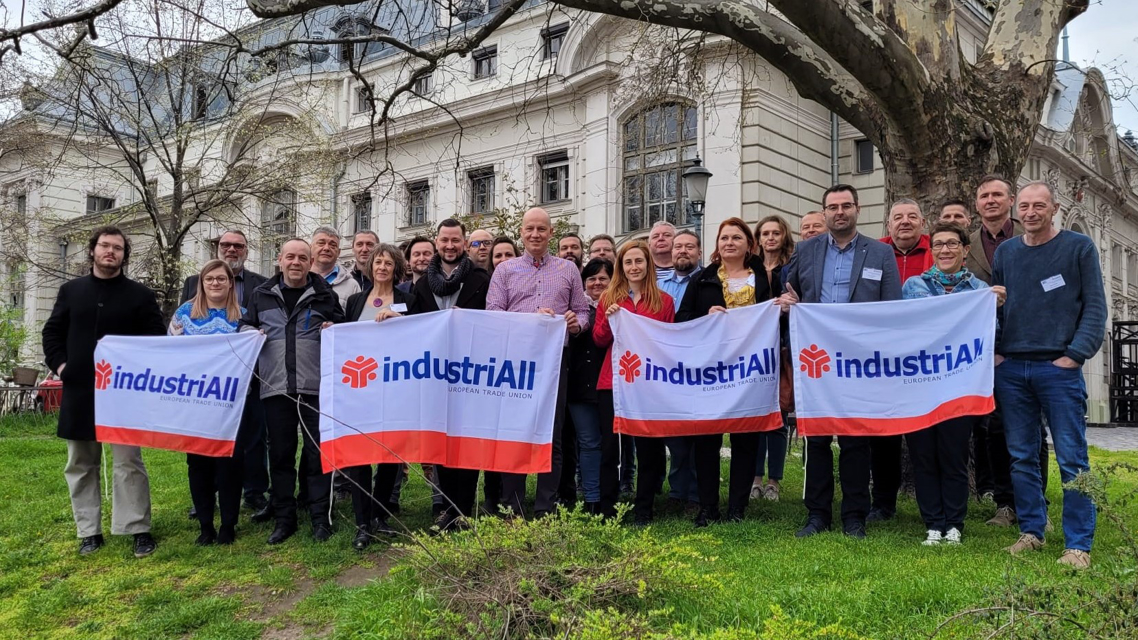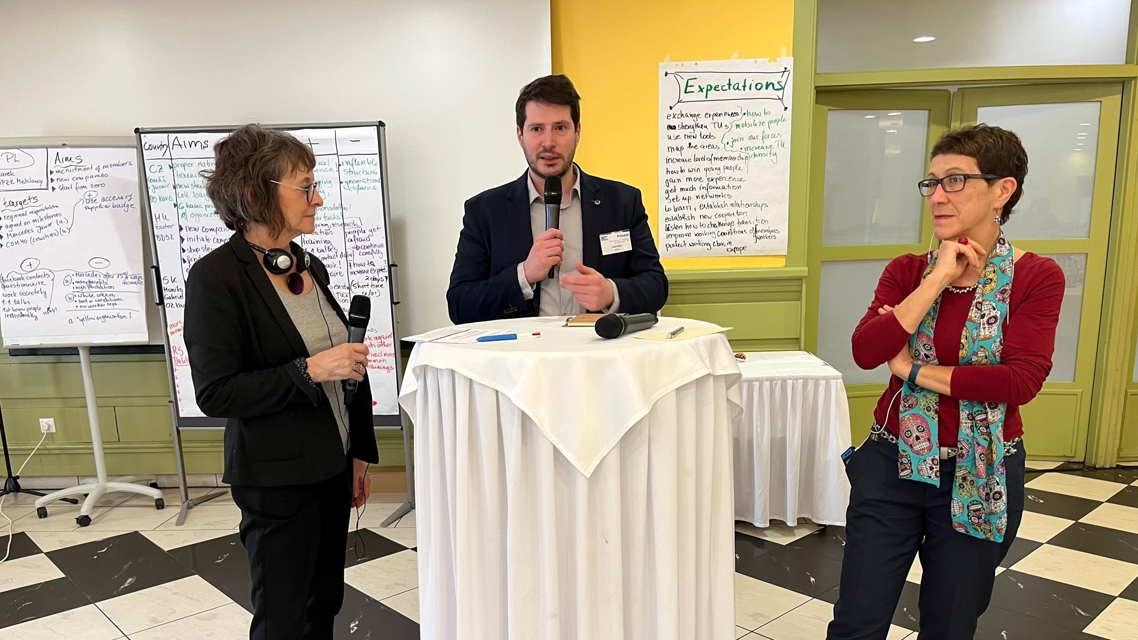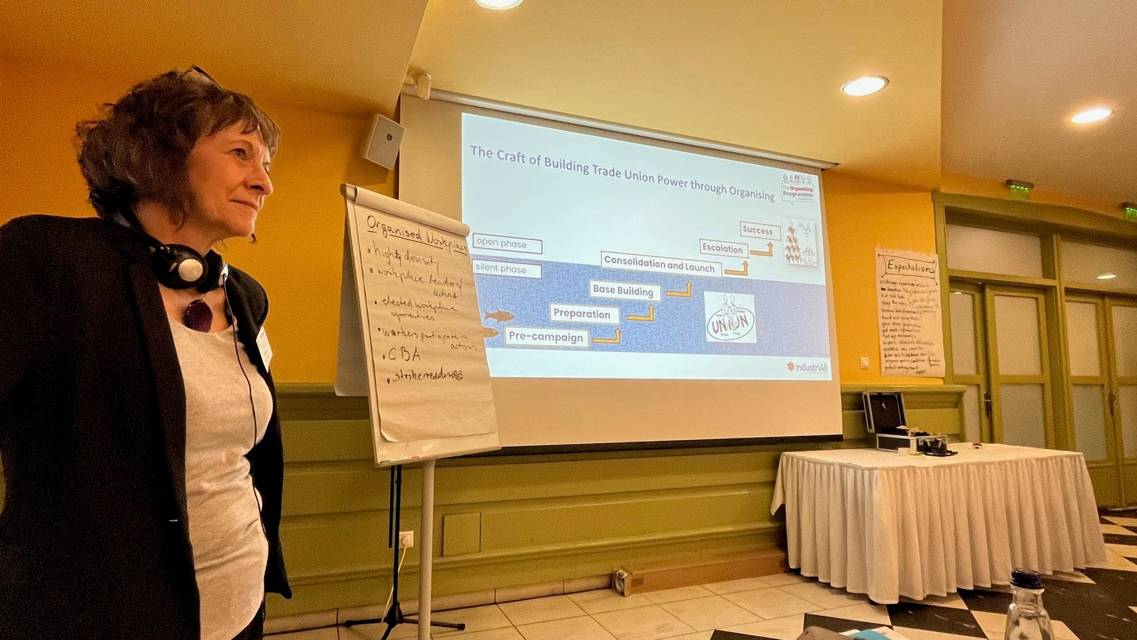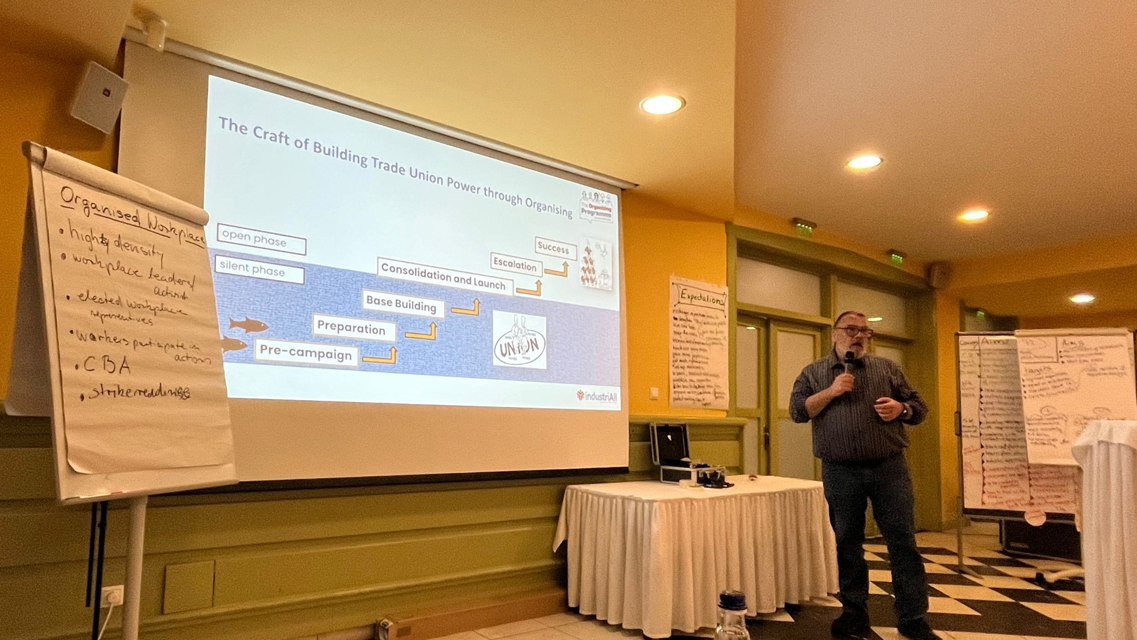Trade unions from Poland, Hungary, the Czech Republic, Slovakia and Serbia have joined industriAll Europe in an EU-funded project to build trade union capacity for organising and better social dialogue, collective bargaining and sustainable industrial recovery in Central and Eastern Europe.
National workshops have been held in the Czech Republic and Serbia, with the other countries to follow in the coming months.
These Central and Eastern European countries are expected to attract significant foreign investment in new technologies such as electric vehicles, batteries and renewable energy. With support from the industriAll Europe project, unions have hired organisers to make sure that workers in new factories join unions and get the protection of collective agreements.
Union leaders said there was a cultural change in their organisations. Decision-makers now understand the need to invest financial and human resources in membership growth. Higher union density leads to better collective agreements and a louder voice for workers in society as a whole. Union leaders need to agree on non-competition to avoid unnecessary disputes.
Lead organisers were trained in organising methods. They told the workshop about successes and challenges in their work. Personal contact is key, talking directly to people to hear their concerns and then convincing them that joining forces is the best way to address problems. Training and dynamic communication, including social media groups, are essential elements of an organising strategy, especially for active young workers.
Workshop participants joined local representatives of the Hungarian metalworkers' union VASAS in a leafleting action at the nearby Mercedes plant. The union already has 1300 members at the plant, but wants to grow ahead of works council elections and an announced expansion of production.
IndustriAll Europe General Secretary Luc Triangle said:
"'Building trade union power' is mainstreamed in all our work and policies, and we support affiliates who are ready to move towards organising.
"Organising happens at workplace level but the role of trade union leaders is crucial. They act as role models and provide support by developing strategies, providing training and encouragement. Organisers coordinate democratically agreed and embedded campaigns.
Leadership Workshop Photo log: Building trade union capacities for better collective bargaining and sustainable industrial recovery in Central and Eastern Europe BTUC4Recovery Kecskemét, 3 – 4 April 2023 Presentation
The workshop was organised in cooperation with the Friedrich Ebert Foundation (FES).



